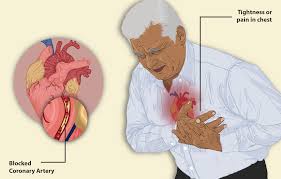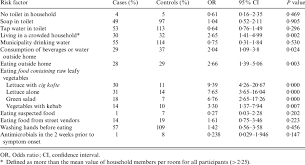Introduction
Angina attacks are critical incidents that reflect underlying heart issues, making them an important health concern. Angina is not a disease itself, but rather a symptom of coronary artery disease, indicating that the heart is not getting enough oxygen-rich blood. Understanding angina, its symptoms, and appropriate responses can empower individuals to manage their heart health and seek timely medical attention.
What is Angina?
Angina is characterized by chest pain or discomfort that occurs when the heart muscle does not receive sufficient blood flow. This can be triggered by physical activity, stress, or even extreme temperatures. There are two main types of angina: stable and unstable. Stable angina is predictable and typically resolves with rest, while unstable angina is more severe, occurring unexpectedly and potentially signaling a heart attack.
Symptoms of an Angina Attack
Common symptoms of an angina attack include:
- Chest pain or discomfort: Often described as pressure, squeezing, or fullness.
- Pain in other areas: This may include the shoulders, neck, jaw, back, or arms.
- Shortness of breath: This can occur with or without chest discomfort.
- Nausea, fatigue, or sweating: Some individuals may experience these symptoms during an attack.
Immediate Response to Angina Attacks
If you or someone else experiences an angina attack, it is essential to remain calm and sit down to reduce physical stress. Taking prescribed nitroglycerin can help relieve the symptoms quickly. If discomfort persists for more than a few minutes, it is crucial to seek immediate medical assistance, as it may indicate a heart attack.
Treatment and Management
Managing angina often involves lifestyle changes and medication. Doctors may prescribe medications such as beta-blockers, nitrates, or statins to help improve blood flow and reduce the heart’s workload. Additionally, lifestyle modifications, including a heart-healthy diet, regular exercise, weight management, and quitting smoking, play vital roles in managing symptoms and improving overall heart health.
Conclusion
Understanding angina attacks is critical for recognizing the symptoms and taking appropriate actions. With timely intervention and proper management strategies, individuals can significantly reduce the risks associated with angina and enhance their quality of life. As cardiovascular health remains a significant public health focus, educating oneself about angina and maintaining a proactive approach to heart health is essential.


